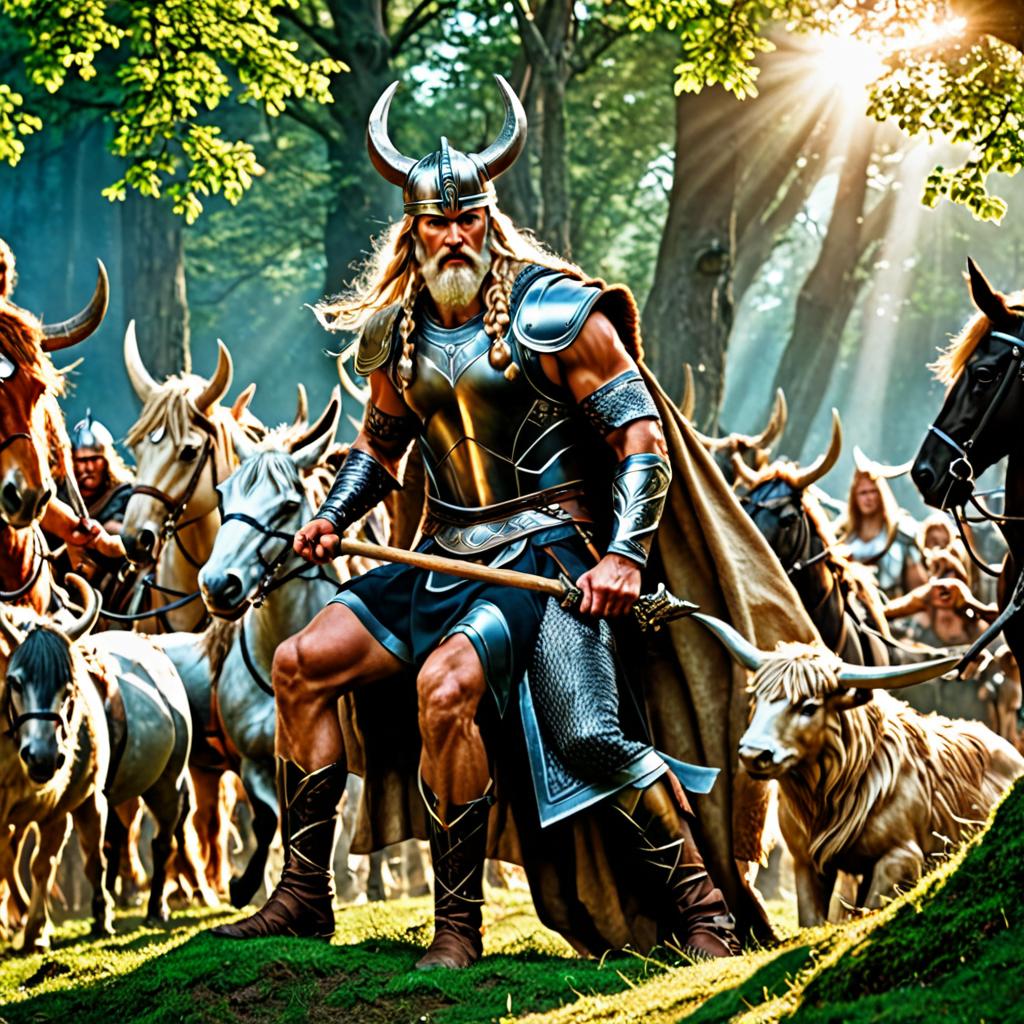Comparing Norse Mythology to Other Mythological Traditions
The Origins of Norse Mythology
Norse mythology, stemming from ancient Germanic traditions, comprises the myths and legends of the Scandinavian peoples. With its rich tapestry of gods, giants, and historic tales, Norse mythology has captivated readers and scholars alike for generations. The Norse pantheon includes important figures such as Odin, Thor, and Loki, shaping both the natural world and the destiny of humanity.
Contrasts with Greek Mythology
Compared to Norse mythology, Greek mythology is often seen as more intricate and intricately linked with a range of philosophies and social structures. The Greek gods were seen as mirroring human emotions and complex societal dynamics, while the Norse gods were often depicted as more archetype-like embodiments of principles such as strength, cunning, or wisdom.
Links to Celtic Mythology
Celtic mythology, which thrived in regions like Ireland, Scotland, and Wales, differs from Norse mythology in various ways despite sharing some thematic similarities. Celtic stories often revolve around nature spirits, mystical creatures, and hero legends. While there may be overlap with Norse themes, the distinct cultural contexts create unique interpretations of fundamental mythological concepts.
Connections to Indian Mythology
Indian mythology, with its vast collection of texts and deities, offers another intriguing point of comparison. The intricate weaving of gods, goddesses, and cosmic forces in Indian mythology contrasts with the more focused and compact pantheon found in Norse myths. Both traditions, however, showcase fascinating narratives about the origins of the world and human existence.
FAQs About Comparing Norse Mythology to Other Mythological Traditions
What sets Norse Mythology apart from other mythological traditions?
Norse Mythology stands out for its complex pantheon of gods and mythical creatures, rich storytelling, and emphasis on fate and honor. The Norse cosmology is unique, as it includes realms like Asgard and Midgard, inhabited by gods, giants, and humans.
How does Norse Mythology compare to Greek Mythology?
While both Norse and Greek mythologies feature gods with human-like traits, Greek mythology is known for its extensive pantheon, intricate family dramas, and emphasis on heroic feats. Norse mythology, on the other hand, has a more fatalistic view of destiny and a focus on the end of the world, Ragnarok.
Are there similarities between Norse Mythology and other mythological traditions?
Yes, there are common themes among mythological traditions worldwide, such as creation myths, gods and goddesses, and epic battles between good and evil. Norse mythology shares some similarities with Celtic and Germanic mythologies due to historical and cultural connections.
How does Norse Mythology compare to Egyptian Mythology?
Norse mythology and Egyptian mythology both involve elaborate cosmologies and belief systems. However, Egyptian mythology places a significant emphasis on the afterlife, rituals, and the divine role of pharaohs, while Norse mythology





